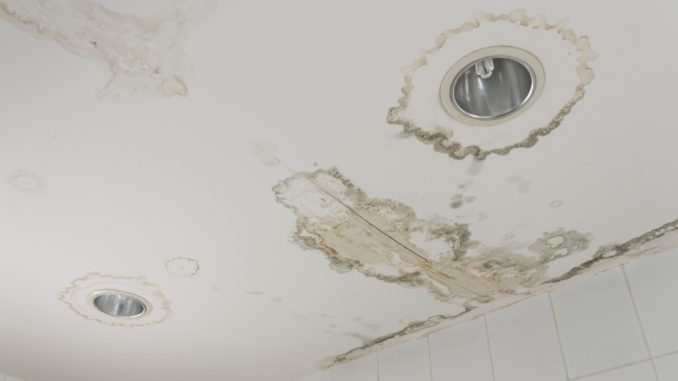
Water damage is one of the most expensive and yet frequent disasters affecting properties nowadays. Safeguarding your property with homeowners’ insurance against water damage is only the first step in minimizing its impact on your building. You should still take several steps to reduce the risk of property water damage since the insurance will not pay you if you do not mitigate the disaster.
One of the most efficient solutions for averting water damage lies in the products and works of seamless gutter contractors. These gutters will direct rainwater flow away from your walls and basements and reduce your property’s damage. They will also prove essential in averting the damage caused by ice dams in places with significant snowfall. Other than the gutters, here are the additional steps you can take to minimize the impact and risk of water damage on your property.
1. Invest in professional roof maintenance.
It is advisable to have a professional assess the condition of your roof at least twice annually to address leaks if present. This might seem unnecessary and something you can handle, but it is not. Roofing experts will focus on any detached or missing shingles, and other signs of deterioration. They will then either recommend the repair or replacement of your roof depending on the issues they pick.
2. Extend your downspouts.
Having a gutter is not everything. You should have a downspout to direct water from the gutters to the ground. Some people know this but unfortunately, invest in short downspouts to save on their costs. This leads to the splashing of rainwater around your building’s foundation and considerable water damage on the walls. You should have an elbow attached to the end of your downspout and pointed away from its foundation for optimal protection. This should extend not less than 1.8m away from your walls.
3. Drain exterior taps in winter.
The taps outside your building are left to the elements in cold weather, and the water in them will thus freeze. Before cold weather sets in, detach your garden hose and drain it then shut the supply valve to the outside tap. These steps will avert the freezing of water in the taps in the cold. The frozen water will cause your pipes to burst owing to its high pressure and cause the spread of water all over your property.
4. Use rain barrels.

Using rain barrels is not only a method of water harvesting but will also prevent the pooling of rainwater and melted ice around your basement. The water you harvest can be used in various ways in your property, including gardening and washing. You can also treat it and use it for drinking and cooking though you need an expert’s input before using it this way.
While several things might mar your homeownership, you should not let you those elements you can control affect you. The alternatives mentioned here help prevent water damage on your property. This way, you can take vacations with no worry that you might come back to a flooded and destroyed building. The solutions are way cheaper compared with the water damage remediation you will need time and again without them.
